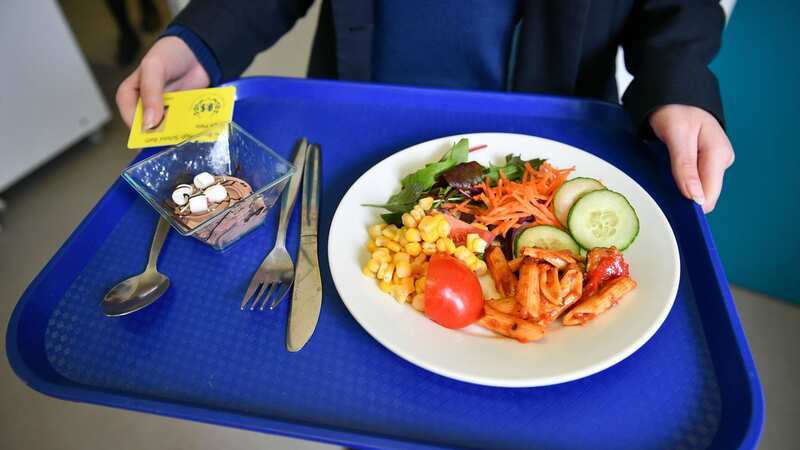

A new study suggests that people who rule out different foods based on whether or not they are ultra-processed could potentially be denying themselves some healthier food options.
While ultra-processed foods tend to be higher in fat, saturated fat, sugar and lower in fibre, protein and micronutrients, not all are unhealthy, researchers said. Standard front-of-package food labels in the UK do not include information about food processing, but there have been calls for more to be done to provide consumers with information about how their food is made.
Academics from University College London (UCL), used different food classification systems to examine a large number of foods which are popular in Britain. They looked at almost 3,000 different food items and compared their nutritional content with front of pack traffic light labelling.
This system provides consumers with colour-coded nutritional information about whether foods have high, medium or low amounts of fat, saturated fat, sugars and salt, and where they would fall in the Nova food classification system which categories food and drink into four groups: minimally processed food, processed culinary ingredients, processed food and ultra-processed food.
The British Journal Of Nutrition study found that 55% of the food and drink items analysed were ultra-processed, 33% were minimally processed, 10% were classed as processed while 2% were deemed to have "processed culinary ingredients". Minimally processed foods were found to have significantly lower average fat, saturated fat and energy content per 100g than other groups.
 Surprising symptom that 40% of women suffer weeks before a heart attack
Surprising symptom that 40% of women suffer weeks before a heart attack
Ultra-processed foods contained significantly more fat, saturated fat, total sugar, salt and energy per 100g than minimally processed foods. Under the traffic light system, some 18% of the foods studied were classed as red (high) for fat; 22% were deemed to be red for their saturated fat levels; 16% were red for sugar and 9% were red for salt.
Two in five (40%) of foods studied were classed as green (low) for fat, 51% had low levels of saturated fat, 60% were deemed to be green for total sugar content and 52% had low levels of salt. When comparing the systems, the research team found that ultra-processed foods were more likely to have fewer green traffic lights, a greater number of red traffic lights.
The authors said that there is a "clear overlap" but they stressed that "not all ultra-processed foods had an unhealthy nutrient profile" after finding that over half of ultra-processed foods had no red front of pack traffic lights. The most common ultra-processed foods with no red traffic lights included sandwiches, high fibre breakfast cereals, plant-based milk alternatives, milkshakes and white bread.
"Exclusively using the Nova classification to choose food and drinks might lack the granularity to identify the nutrient quality of items, excluding potentially healthy food choices unnecessarily," the authors wrote. This could include meat-free products, the authors said, these foods are healthy according to the traffic light system, green on fat, saturated fat, sugar and amber on salt, though they would be considered ultra-processed foods.
Meanwhile examples of minimally processed products that contain one or more red traffic lights include nuts, seeds, dried fruit, whole milk, eggs and some cuts of red meat. Dr Adrian Brown, the lead author of the study and a specialist dietitian from UCL Division of Medicine, said: "Having worked with patients for nearly two decades, one of the biggest challenges for people is to identify what's healthy and what's not in a supermarket environment."
"On the face of it, a low-fat yoghurt may look healthy, but it may also be high in sugar. Adding that it's also ultra-processed will only make these decisions harder. At the moment, things aren't so clear cut as to say all UPFs are bad and there is a risk of confusing people about what is healthy to eat."
Some studies and books have linked ultra-processed foods such as ice cream, crisps, mass-produced bread and breakfast cereals to a number of poor health outcomes, including an increased risk of some cancers, weight gain and heart disease. However, experts on the Government's Scientific Advisory Committee on Nutrition (SACN) said there are "uncertainties around the quality of evidence available".
The academics said the observed associations are "concerning" but called for more studies to thoroughly investigate the link. A trial is ongoing at UCL to assess whether it is possible to eat healthily on a UFP-only diet compared to a minimally-processed food diet, and whether providing guidance on healthy eating can change what people choose to eat. The results are expected in early 2025.